Search “#Vanlife” on Instagram and you’ll get more than 9 million results. A Google search of the same yields pages and pages of stories about adventure seekers who have converted vans into homes and hit the road indefinitely. The hashtag — which was first used by Foster Huntington back in 2011, according to Insider — has come to symbolize a movement that’s been gradually gaining momentum over the past decade, now even more so in the wake of the pandemic as people continue to seek alternate living and travel options. But the pandemic has also given rise to a second movement happening adjacent to #Vanlife.
If you Instagram search #Boatlife, around 4.5 million posts will populate, half as many as #Vanlife, but the parallels between them are immediately obvious — chief among them, tight living quarters and the freedom to go wherever you please, whenever you please. If you take the time to scroll through, though, and to familiarize yourself with the people who have taken this leap and eschewed their normal, often comfortable lives, in favor of life at sea, a story begins to take shape. You’ll come to realize it may not be like #Vanlife at all.
Maybe it’s better.
Erin Carey is Australian born and bred. She describes her family — her, her husband Dave and their three children — as being normal and not particularly wealthy. Prior to 2015, they owned a house in the suburbs, and the kids attended private school. They certainly had no plans of upending their lives to move onboard a boat. They didn’t even really know how to sail.
Carey can pinpoint the moment that all changed, during one night at home watching Netflix. She and her husband were watching a documentary called Maidentrip, about Laura Dekker, the youngest girl to ever sail around the world.
“Something in that documentary spoke to us because when the credits started rolling, we both looked at each other and went, ‘Wow, let’s do that,’” Carey says.
“So we moved to the computer and started Googling ‘families sailing around the world’. I didn’t even know it was a thing. Who would take their little kids on a boat in the middle of the ocean? I thought, ships cross the ocean, and the Navy, and people in big boats. But I didn’t think that personal watercraft could cross an ocean. When we realized that not only could you sail around the whole world, but that there were thousands of people out there doing it with kids, our motto became, ‘Well, if they can do it, why can’t we?’ And so we just made it happen.”
It took an incredible amount of planning — more than two years’ worth — especially when it came to their finances. They rented out rooms in their house to local students, worked overtime, cut back on social obligations, all of which allowed them to save $85 thousand — roughly 85% of the cost of the boat they’d decided on. They borrowed against their mortgage to help account for the time they’d be away from work.
Two years and two months after watching that documentary, in February of 2018, Carey and her family flew out of Australia on one-way tickets to Grenada, where that boat, their new home, was waiting for them. After another six weeks of boat work and some training, the Careys finally set sail. Figuring it out as they went, they sailed around the Caribbean for 18 months before eventually sailing across the Atlantic to the Azores.
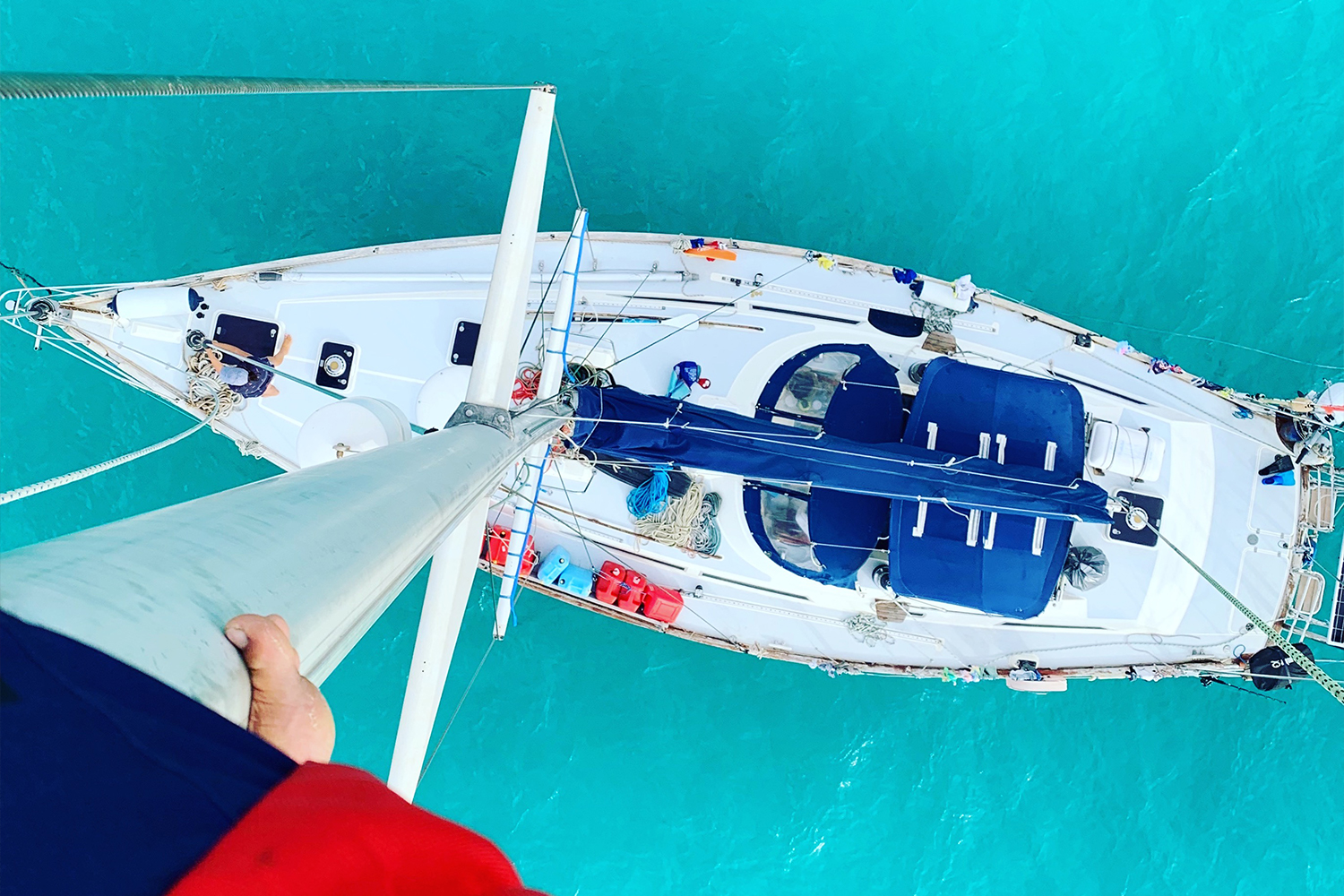
Carey’s boat is what is known as a blue water boat. It has solar power, wind power and a watermaker for turning seawater into drinking water. When fully provisioned, it holds about six months’ worth of food for a family of five, making it totally feasible for them to live off the grid for an extended period of time — a romantic notion not historically conducive to the day-to-day life of a “regular” family.
After all, she’s got three young kids who, like so many other children at the moment, currently attend school virtually. Their father oversees their schooling while, below desk, Carey runs her business, Roam Generation, a PR agency focusing on “sharing stories of people living a life less ordinary.” Initially inspired by their newfound lifestyle, Roam Generation now provides them with the means to sustain it.
Being at the helm of Roam Generation, in addition to living on a boat herself, has left Carey intimately familiar with, and with vested interest in, #Boatlife — the growing popularity of which, she says, is no social media illusion.
To start, yacht brokers are selling exponentially more boats. According to one broker, where it was once customary to make three or four sales per month, monthly sales in excess of 20 has become the norm, even as the value of boats continues to increase. Additionally, waitlists for slips in marinas everywhere are significantly longer than what they once were, with some reporting waits of up to 10 years. Arguably most telling, though, is the rise of sailing Youtube channels, of which there are now over 2,200 — three times more than there were even just two years ago, according to Carey, and they’ve helped people understand that a life at sea need not be just a pipedream.
“I think there’s this common misconception that you have to [have been] a sailor since birth and wear the white polo shirt and the boat shoes and be really wealthy or be retired,” Carey says. “And that’s just not true anymore. You don’t need to be rich.”
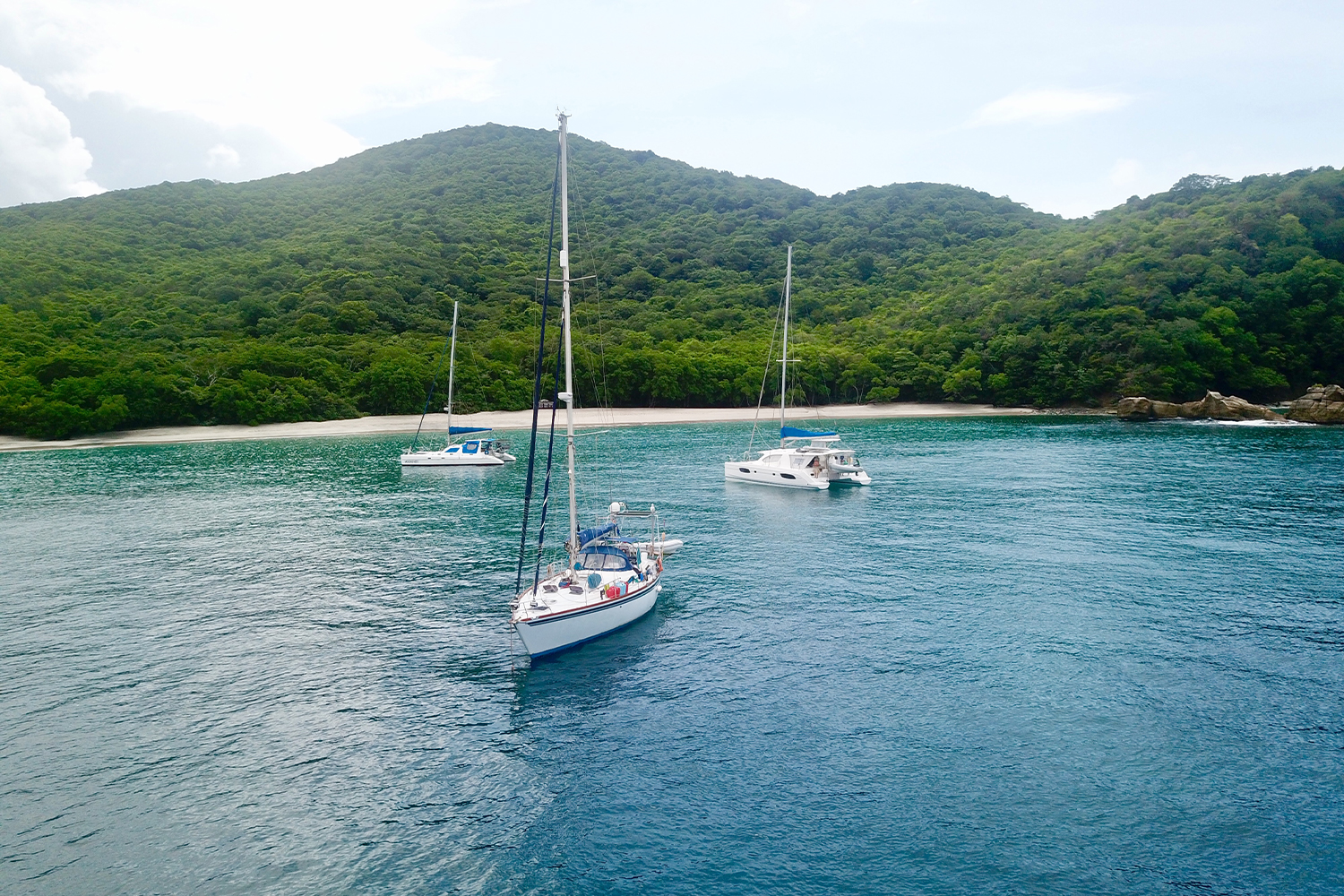
But does that mean it’s easy? Definitely not. According to Carey, though, it is worth it. She’s built a business, made friends, acquired clients from all over the globe, learned how to sail across an ocean and gotten to see the world in the process — all direct results of her decision to move onto her boat.
“It’s so hard, but somehow you always figure it out,” she says. “And because you always figure it out, it helps you grow into a more fulfilled person, I suppose. When you arrive in a new country and you’ve just crossed the ocean, you’re like, ‘We just crossed a freaking ocean and 18 months ago, we didn’t even know how to sail a boat.’ You feel pretty awesome.”
This article was featured in the InsideHook newsletter. Sign up now.
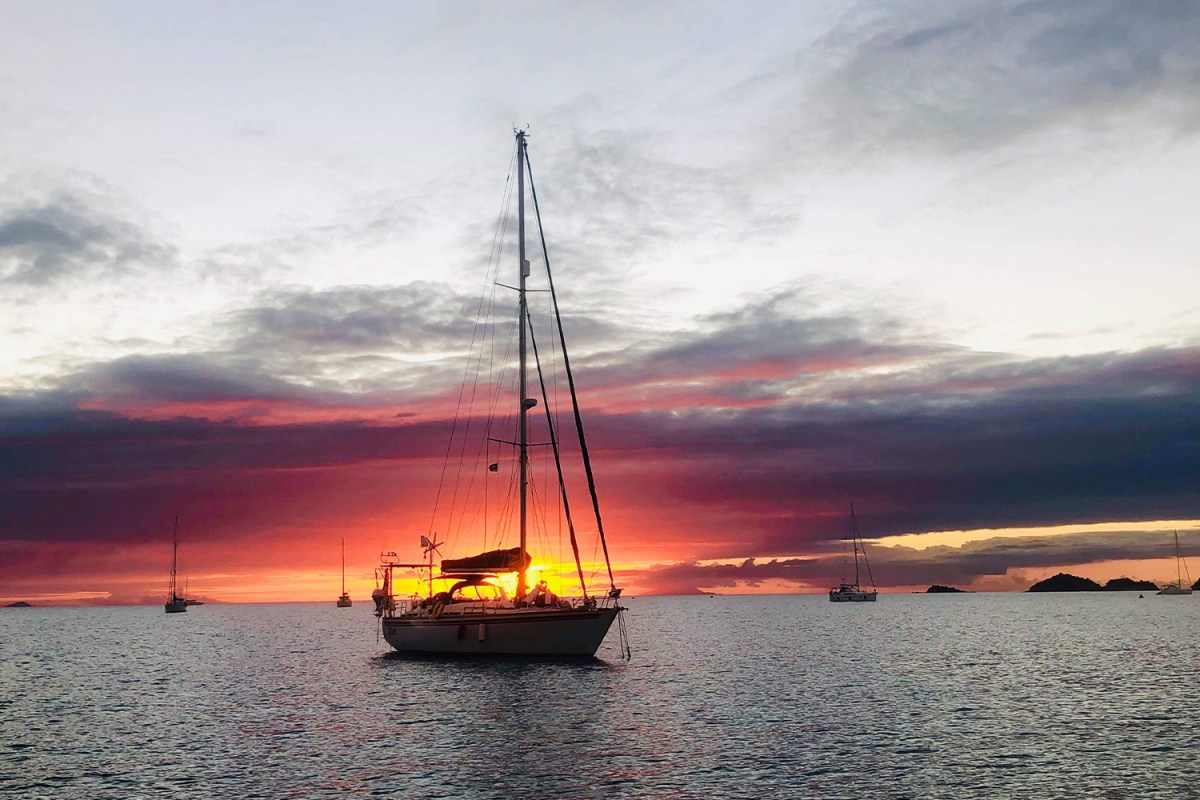

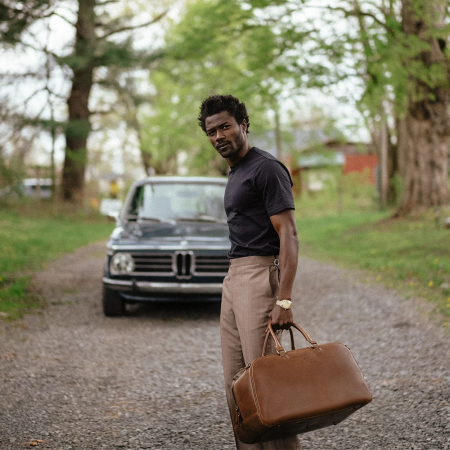
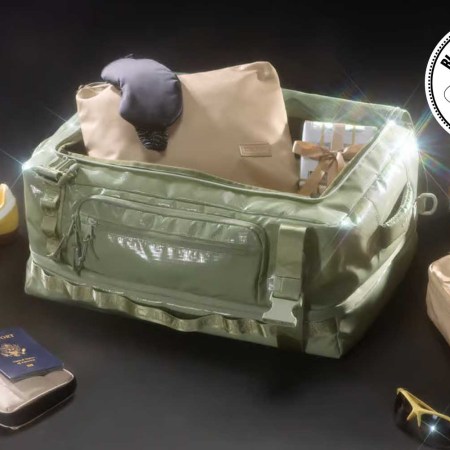
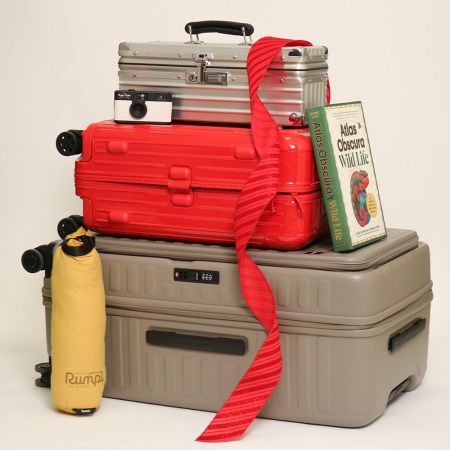

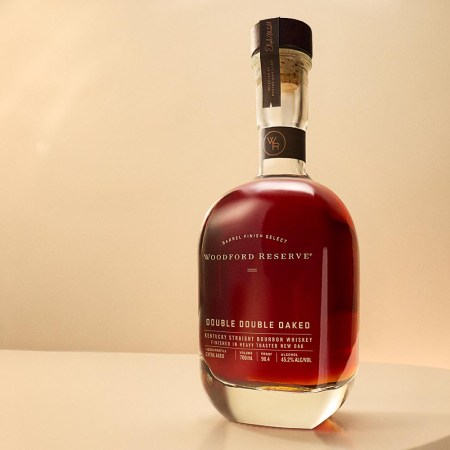















![Ulysse Nardin BLAST [AMOUREUXPEINTRE]; Shinola Circadian Monster 36; Chopard L.U.C LUNAR ONE; Tudor Black Bay Chrono Flamingo Blue; Mark II Fulcrum 39](https://www.insidehook.com/wp-content/uploads/2025/01/Watch-Header.png?resize=750%2C500)

